Supergiant Games is known for creating amazing narrative-driven adventures, so when they first announced they were making a roguelike, an early access roguelike no less, I was skeptical. Roguelikes have told decent stories in the past, but I didn’t think the Supergiant style of storytelling would work well in a roguelike setting. Hades proved me wrong. Now that the game is out of early access and finally complete, Hades is one of Supergiant’s best works. Not only do the roguelike elements keep the combat feeling fresh for dozens of hours, but they also tie into the narrative in surprising ways and make the story much more compelling as a result. Hades is one of the best roguelikes I’ve played in a long time, and I can’t wait to jump back in and see what else the game has in store.
You play as Zagreus, Prince of the Underworld, who is hell-bent on running away from home to join the Gods on Mount Olympus. The only problem is that Zagreus’ father, the titular Hades, does not approve of his escape, so he must fight his way through Hades’ domain in order to get out. Hades is a dangerous place, so Zagreus faces death again and again, hoping to get lucky at least once. As you reach higher levels of Hades, you’ll learn more about Zagreus and his relationship with his father and the other residents of the House of Hades. These character relationships and Zagreus’ mysterious motivations are at the core of the game, which is odd for a roguelike. There is still plenty of action packed combat and randomized items to pursue, but Hades places equal emphasis on fleshing out its characters and world. Its heavy focus on story places Hades in a unique position within the genre, making it a refreshing change of pace right from the start.
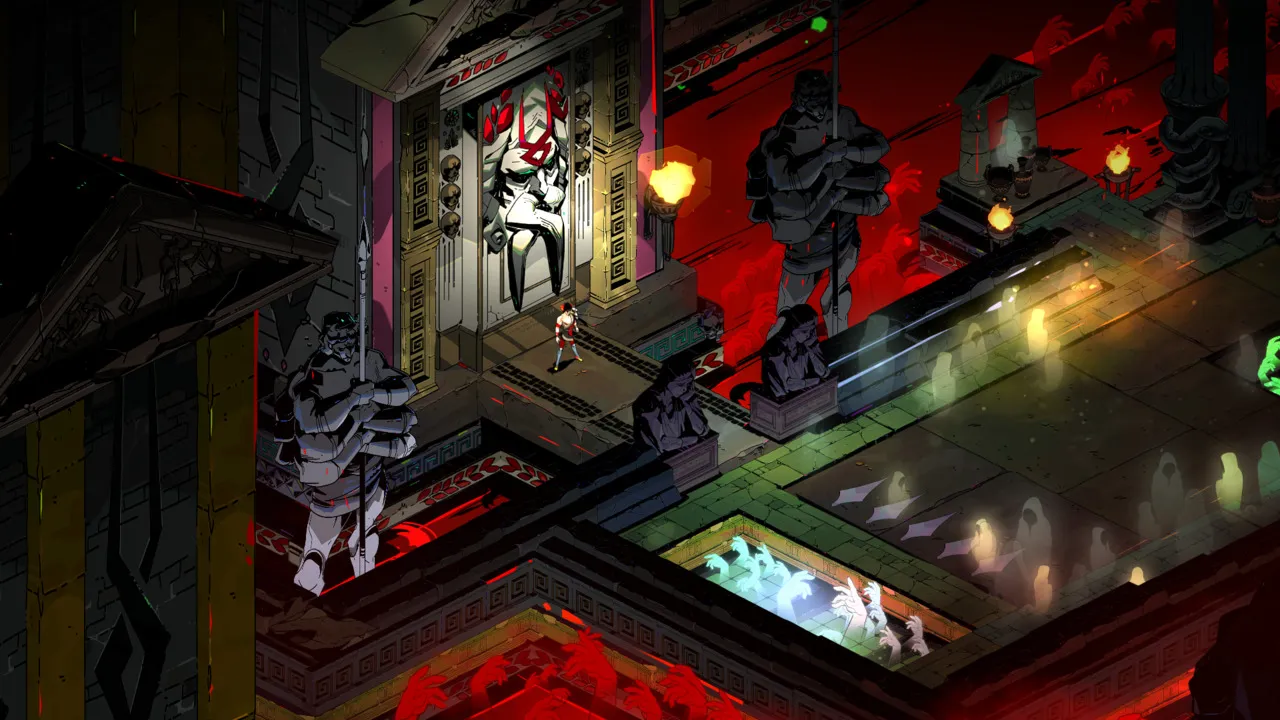
Defying Death Again and Again
Supergiant’s transition to the roguelike genre is more than just a gameplay change. The repetition and randomness that permeate the genre are used to tell Hades’ story, and it makes this mythological tale all the more engaging. In Hades, death is a plot device. Zagreus is determined to escape the House of Hades no matter how many times his endeavors may kill him, and he reawakens in Hades’ domain each time you fail a run. His numerous deaths start to wear on him and those around him, and death is one of the driving forces behind the game’s story.
The random items and bonuses you obtain during runs are also explained within the context of the story. The Gods of Mount Olympus see Zagreus as family and want to aid him on his quest, so they send all sorts of boons to the underworld to support him. These boons come with dialogue and story tidbits, which add an extra layer of uniqueness to the buffs they provide and make them feel like more than just numbers and percentages. Rather than having the gameplay and story exist on two separate planes, Hades’ gameplay and story are interwoven to the benefit of both departments. Many were skeptical of Supergiant making a roguelike when this game was first announced, but now it is clear that Hades could not have been anything other than a roguelike.
In Hades, death is a plot device.
If you normally bounce off of roguelikes, then Hades could be the one you fall in love with. The disheartening defeats of those first few runs are offset by charming characters and a desire to see the story through to the end. In the beginning, failure comes frequently and death comes swiftly, but you don’t feel as bad about it because you get to check back in with Achilles, Nyx, and the rest of the gang before you brave the depths of Tartarus once more. It’s not just the friendly faces that keep you going, either. Hypnos will tease you regularly and your father Hades does not take kindly to your multiple escape attempts. It’s the perfect blend of positive reinforcement and snide remarks that make you want to keep going on your seemingly futile quest. When you add new weapon unlocks and other upgrades on top of that, death transforms from a frustrating punishment to a promising opportunity to grow stronger. There are enough elements pulled from Supergiant’s other games that if you’re a fan of the developer, you should absolutely check this game out even if you’re not into roguelikes.
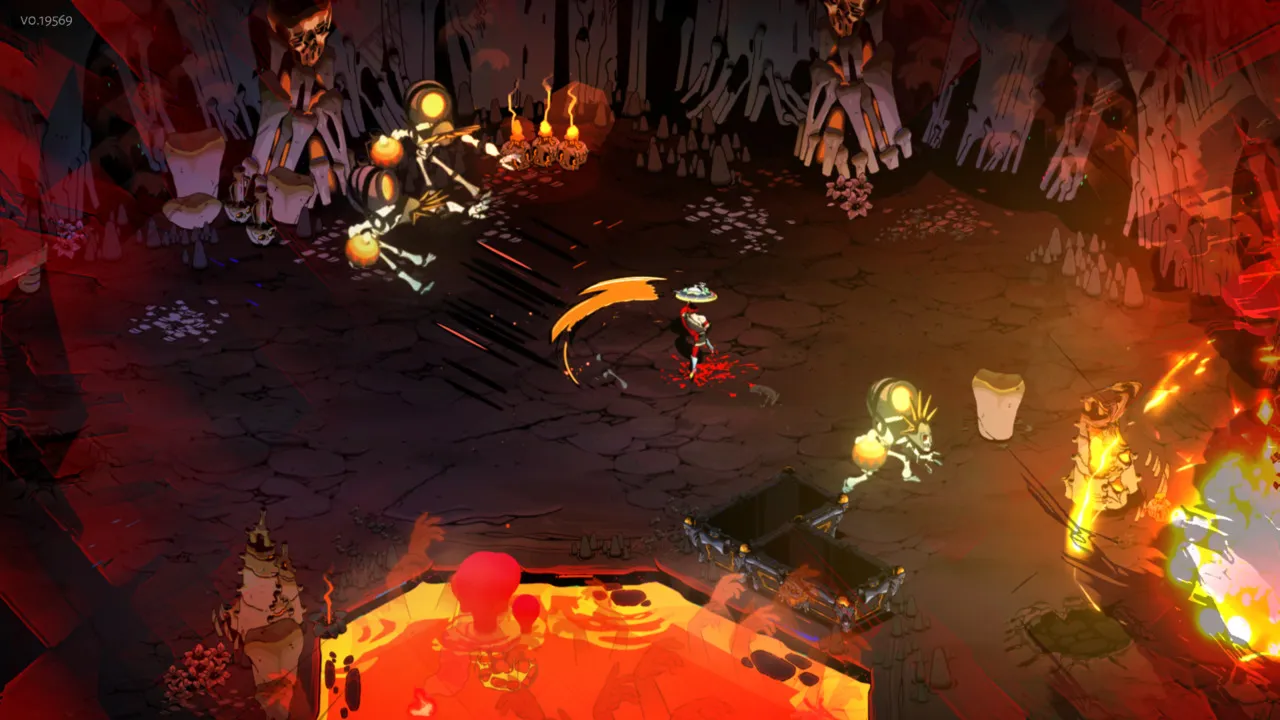
Hacking and Slashing
Combat is fast and frenetic. It starts out simple, but the basic hacking and slashing at the core of Hades actually has a surprising amount of depth. You have a dash, a light attack, a heavy special attack, and a ranged cast attack. What separates Hades from other action games like it is its focus on positioning. Attacks from behind deal bonus damage, and the amount of bonus damage increases as Zagreus grows stronger, further incentivizing you to use your dash to flank your foes. Knocking enemies into walls is another core aspect of Hades, and learning to incorporate this into your playstyle can greatly increase your damage output. There are also traps scattered throughout the game’s arenas, and while you’ll accidentally stumble onto pressure plates and trigger spike traps all the time during your first few runs, you’ll eventually learn to use them to your advantage, adding yet another layer onto an already complex combat system.
What separates Hades from other action games like it is its focus on positioning.
There are multiple weapons to learn and master, but most of the combat variety comes from the many different boons and items you can acquire during runs. Boons are acquired at a steady pace throughout a run, but the ones you get are random each time. Boons from each God are centered around different things, and you’ll quickly learn which Gods fit your playstyle and which you’ll want to avoid. Zeus’ boons cause your attacks to chain lightning to nearby foes, for example, while Artemis’ boons focus more on critical damage. Mixing and matching different boons can result in some borderline broken builds. I was able to get through the entire second area and most of the third area on one of my earlier runs just because I had a ridiculous set of boons and upgrades. Each run in Hades feels very different from the last.
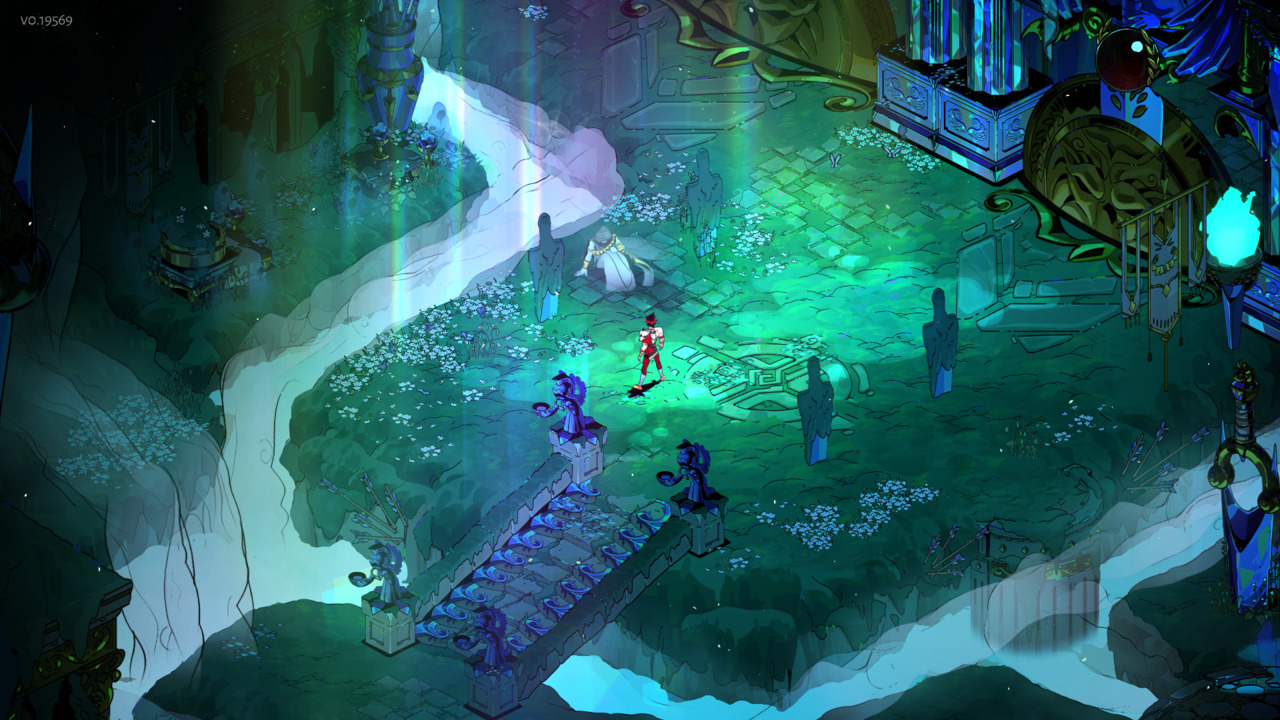
On PC, the game’s beautiful art style really shines. The game doesn’t take much power to run and is incredibly optimized, so you can easily bump up the resolution and framerate if you have a fancy display. At both high resolutions and high framerates, Hades is absolutely stunning. The hand-drawn backgrounds and character portraits are gorgeous and the game never fails to be a joy to look at. On Nintendo Switch, the game holds close to it’s 60 FPS target at native resolution, but will slow down during effect heavy battles with multiple enemies. It never becomes unplayable, but it can make death during those rare moments feel cheap. A little more work can be done, but like Dead Cells at launch, the performance on Switch is not enough to completely detract from an otherwise outstanding experience.
The Verdict
Hades is an excellent roguelike that appeals to both fans of the genre and newcomers alike. Roguelike veterans will appreciate the combat’s breakneck pace and the replayability offered by the randomized boons and items, while newcomers will have several charming characters and an interesting story to keep them going between runs. Of course, it’s difficult to tell if the game has staying power this soon after launch. Only time will tell if Hades joins the pantheon of roguelike greats alongside The Binding of Isaac and Dead Cells, but it makes an incredibly strong impression. Hades succeeds as both a narrative-driven adventure and an addicting roguelike, and that’s a pretty tough combination to pull off.


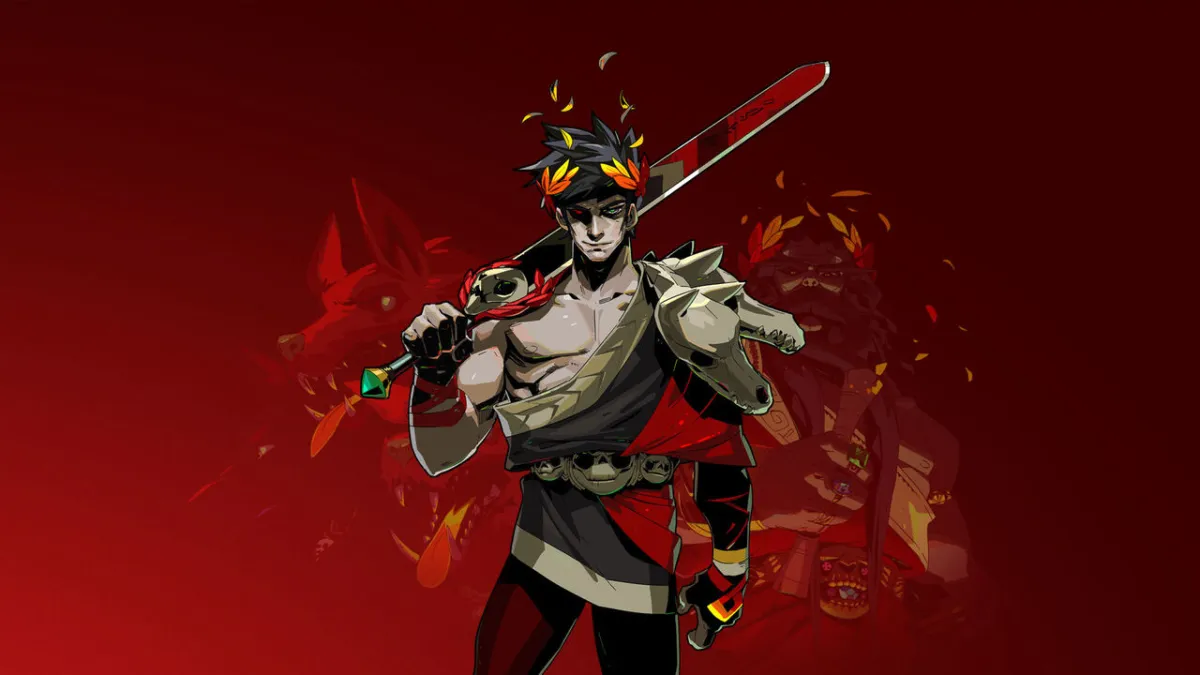
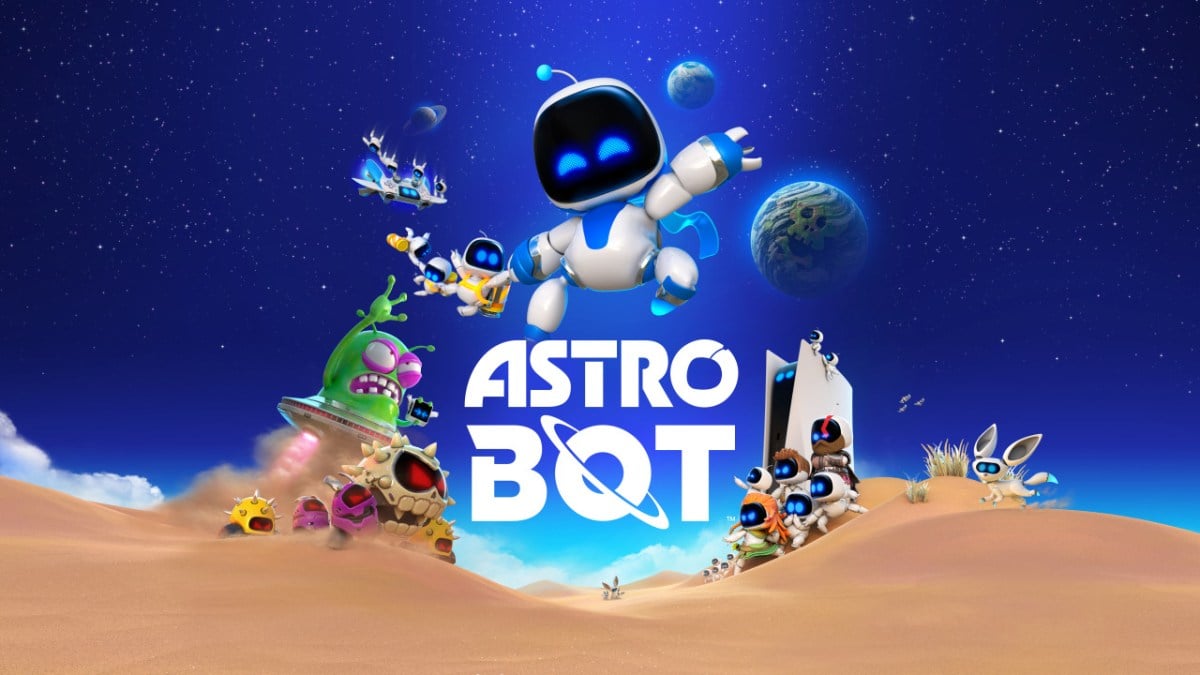
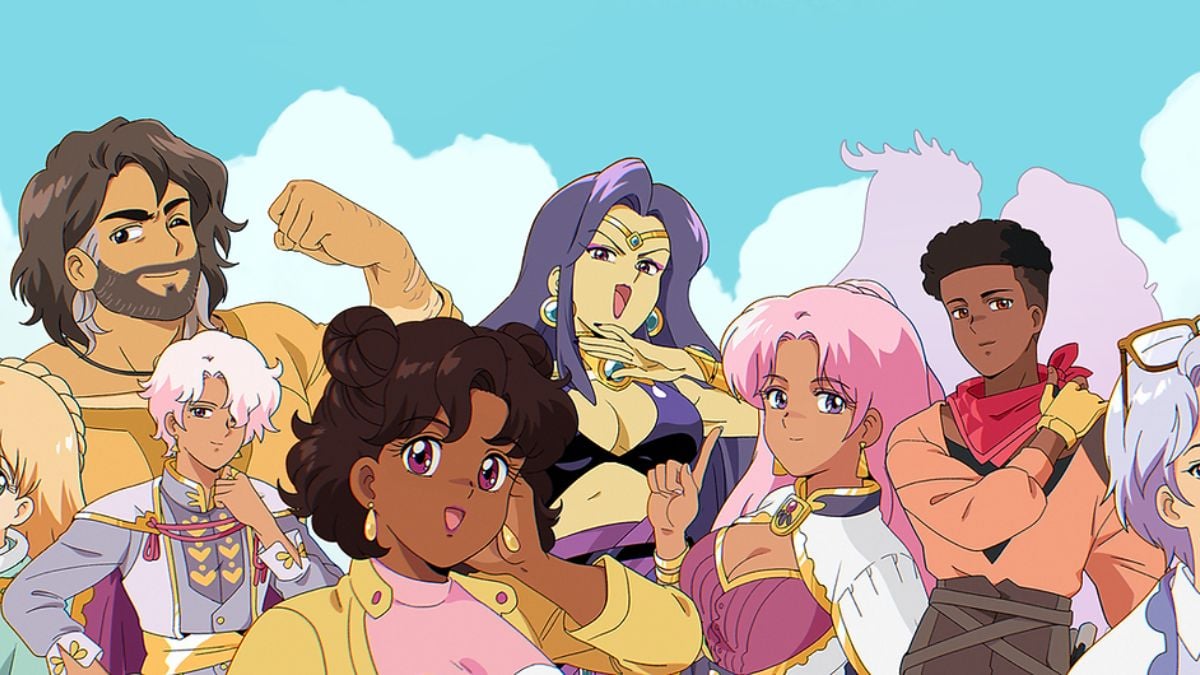
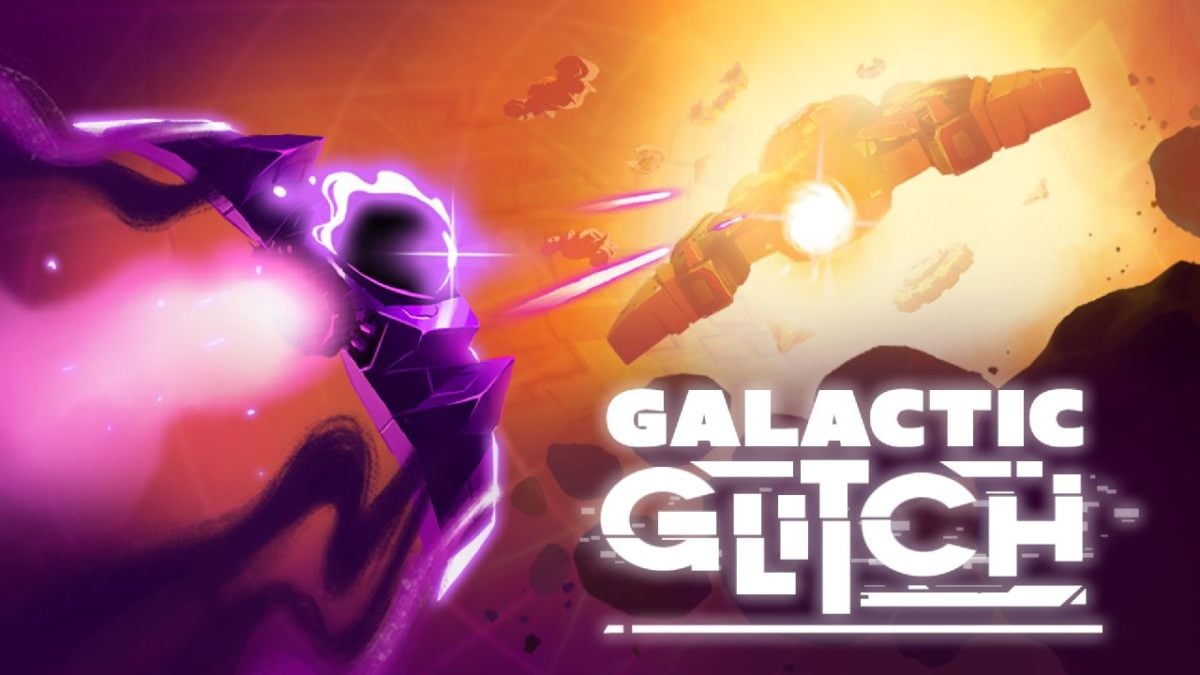
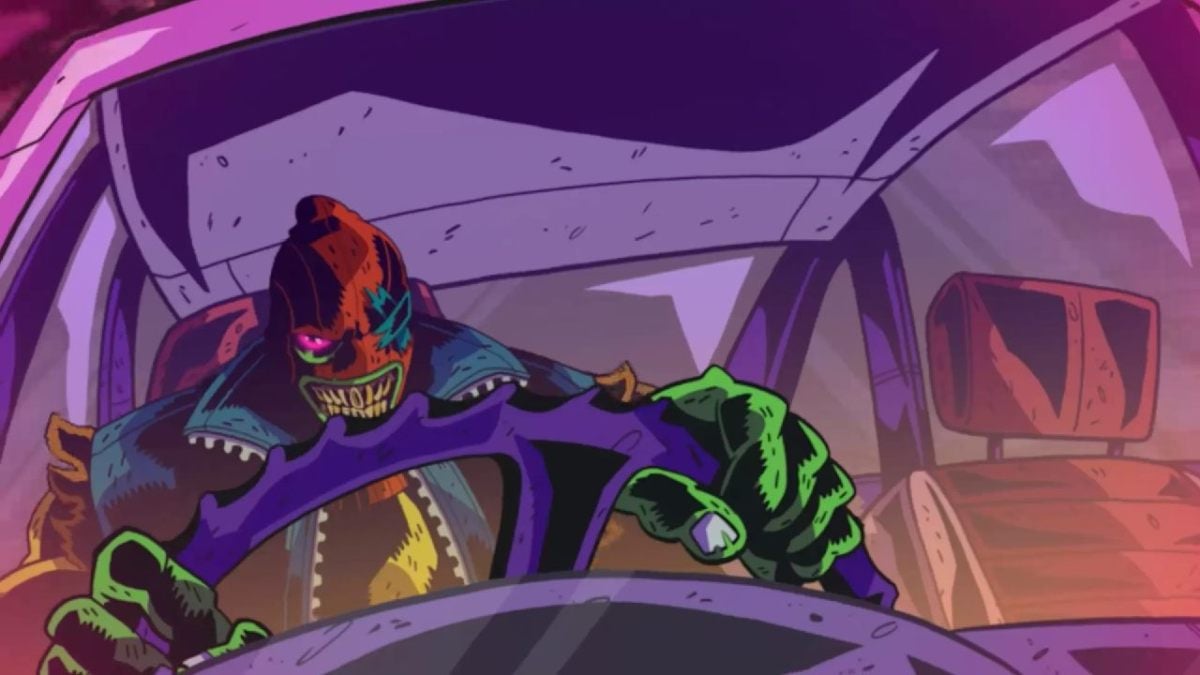
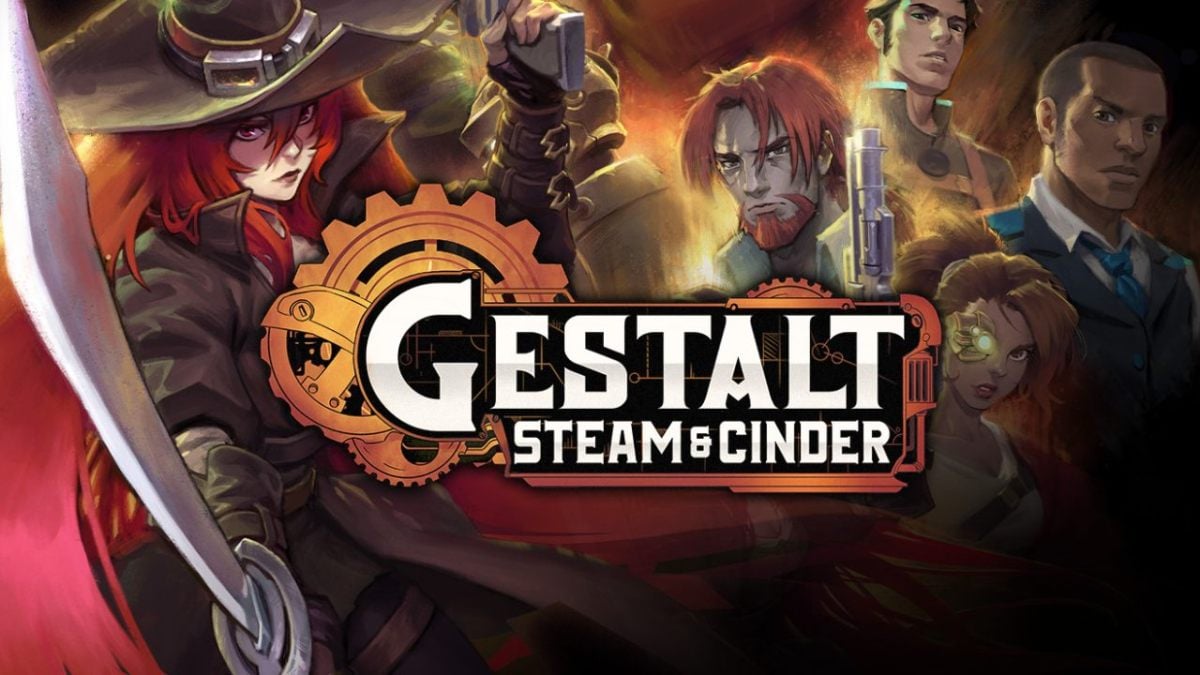
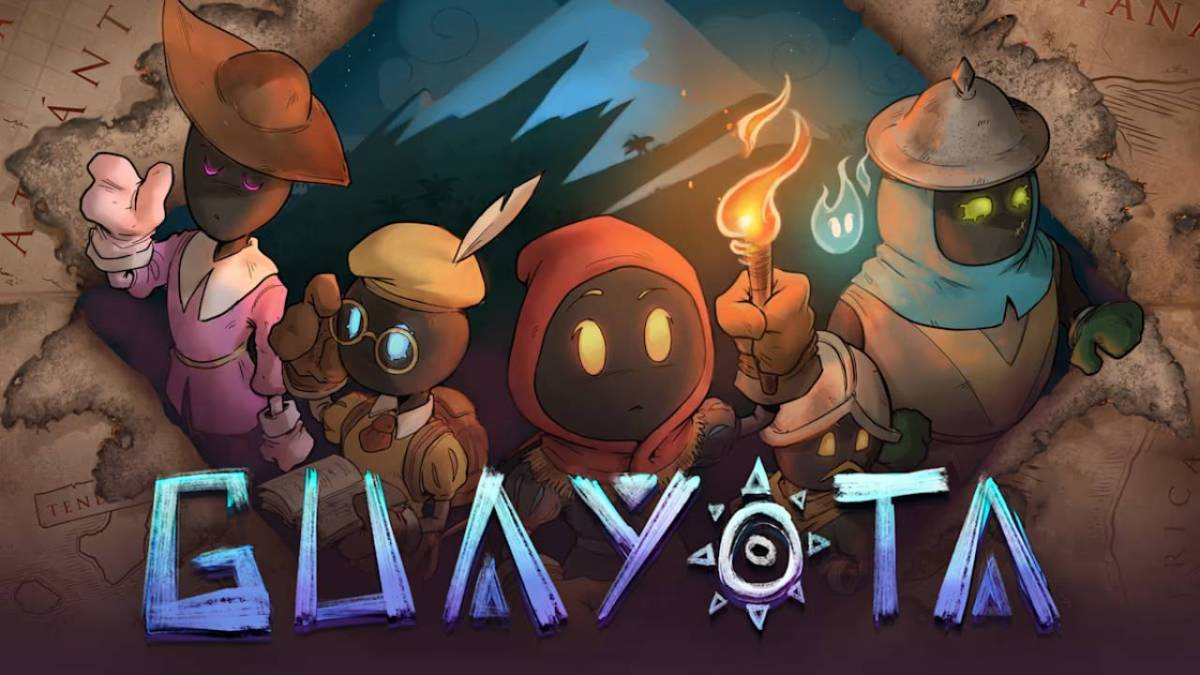
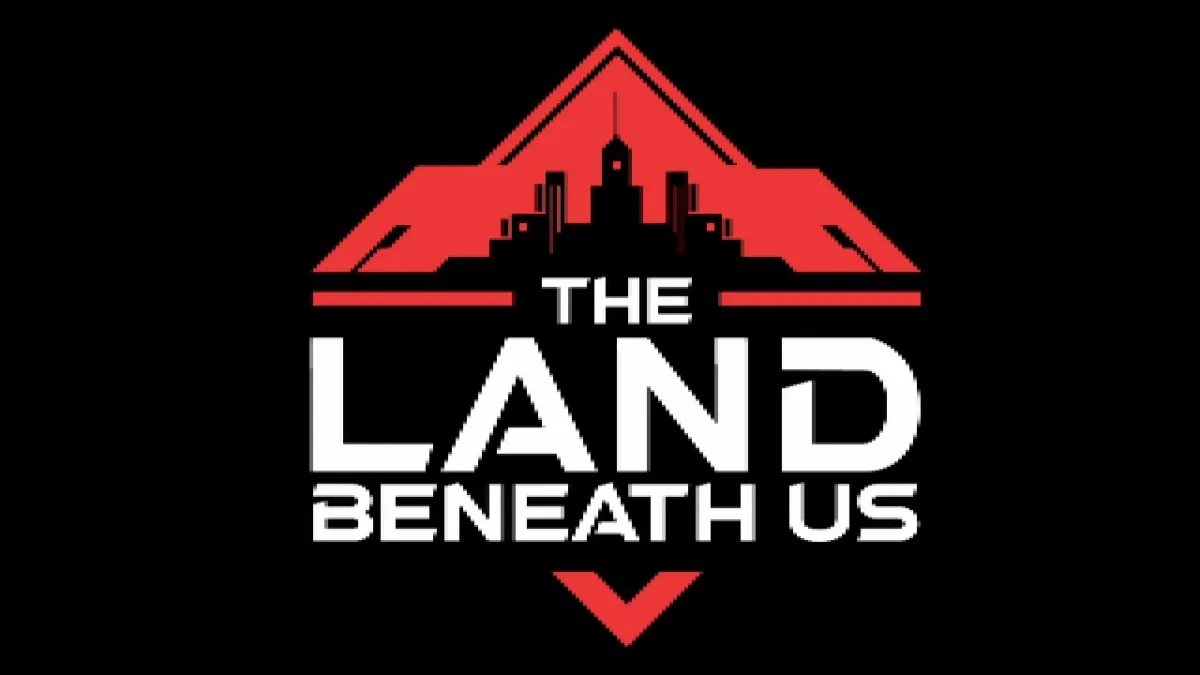
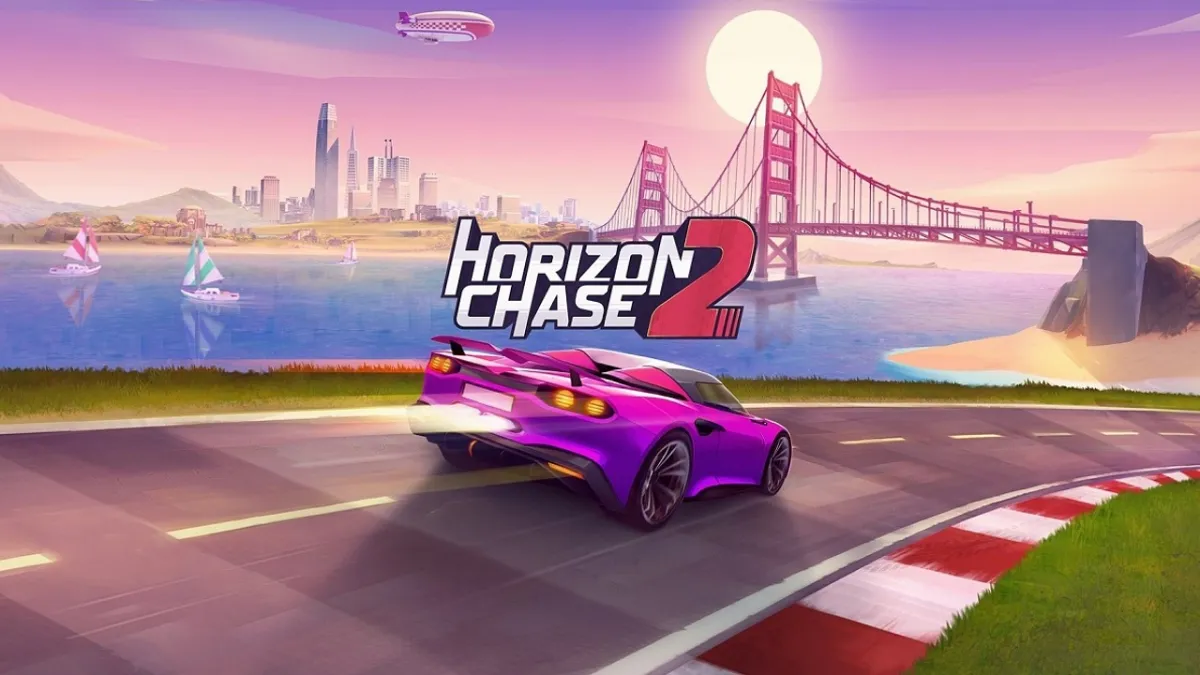

Published: Sep 17, 2020 10:00 am